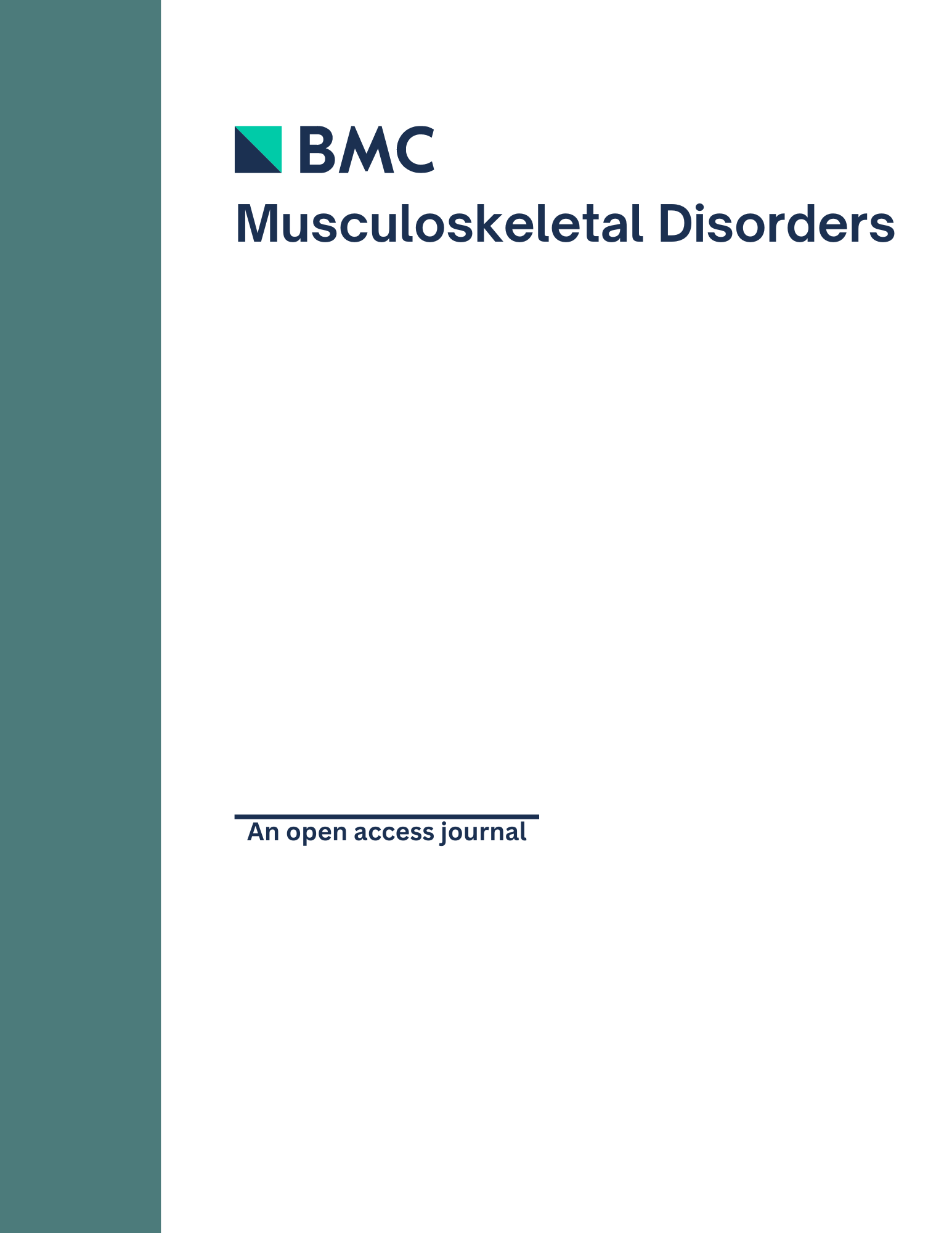
Chronic Back Pain: 'Back School Programme' improves short-term quality of life

Chronic Back Pain: 'Back School Programme' improves short-term quality of life
Low back pain education and short term quality of life: a randomized trial
BMC Musculoskelet Disord. 2007 Feb 28;8:21.Did you know you're eligible to earn 0.5 CME credits for reading this report? Click Here
Synopsis
102 female patients suffering from chronic back pain were randomized to either an intervention group receiving a 'Back School Programme' in combination with medication, or to a control group only receiving medication. This study aimed to compare improvements in quality of life between groups. The results at 3 months indicated that the 'Back School Programme' intervention was successful in improving physical and mental health related measures, and could improve patients' quality of life.
Was the allocation sequence adequately generated?
Was allocation adequately concealed?
Blinding Treatment Providers: Was knowledge of the allocated interventions adequately prevented?
Blinding Outcome Assessors: Was knowledge of the allocated interventions adequately prevented?
Blinding Patients: Was knowledge of the allocated interventions adequately prevented?
Was loss to follow-up (missing outcome data) infrequent?
Are reports of the study free of suggestion of selective outcome reporting?
Were outcomes objective, patient-important and assessed in a manner to limit bias (ie. duplicate assessors, Independent assessors)?
Was the sample size sufficiently large to assure a balance of prognosis and sufficiently large number of outcome events?
Was investigator expertise/experience with both treatment and control techniques likely the same (ie.were criteria for surgeon participation/expertise provided)?
Yes = 1
Uncertain = 0.5
Not Relevant = 0
No = 0
The Reporting Criteria Assessment evaluates the transparency with which authors report the methodological and trial characteristics of the trial within the publication. The assessment is divided into five categories which are presented below.
1/4
Randomization
1/4
Outcome Measurements
4/4
Inclusion / Exclusion
4/4
Therapy Description
3/4
Statistics
Detsky AS, Naylor CD, O'Rourke K, McGeer AJ, L'Abbé KA. J Clin Epidemiol. 1992;45:255-65
The Fragility Index is a tool that aids in the interpretation of significant findings, providing a measure of strength for a result. The Fragility Index represents the number of consecutive events that need to be added to a dichotomous outcome to make the finding no longer significant. A small number represents a weaker finding and a large number represents a stronger finding.
Why was this study needed now?
Individuals with chronic back pain experience many debilitating physical disruptions, including increased pain, decreased muscle tone and overall health, as well as psychological dysfunction, and decreased social interaction. Numerous studies have been conducted to investigate possible interventions that address back pain, one of which, is the Back School Programme. It has been suggested that this programme may reduce back pain, improve function, and expedite return to work. However, there is a paucity of evidence evaluating the efficacy of this programme. This study was needed to examine how the Back School Programme affects health related quality of life measures.
What was the principal research question?
Does the 'Back School Programme' intervention improve quality of life in patients suffering from chronic back pain, over a 3 month period?
What were the important findings?
- With regards to baseline data, there were no significant differences between both groups (p>0.05).
- Over the 3 month study period, the education group showed significant improvements for all subscales of the quality of life questionnaire/Short Form Health Survey (SF-36) (p<0.001).
- In the control group receiving medication, there were only significant improvements on 3 subscales: bodily pain (p=0.001), vitality (p=0.02), and mental health (p=0.04). These findings were less significant than the resulting improvements seen in the 'Back School Programme' group.
What should I remember most?
Patients participating in the 'Back School Programme' enjoyed significantly greater improvements in quality of life measures (all 8 SF-36 subscales) compared to those only receiving medication.
How will this affect the care of my patients?
Th results of this study indicated that both physical functioning, as well as mental health can be significantly improved with the 'Back School Programme' in patients with chronic low back pain. Further studies are needed to examine the long-term effects and to further investigate the efficacy of this education programme.
Learn about our AI Driven
High Impact Search Feature
Our AI driven High Impact metric calculates the impact an article will have by considering both the publishing journal and the content of the article itself. Built using the latest advances in natural language processing, OE High Impact predicts an article’s future number of citations better than impact factor alone.
Continue



 LOGIN
LOGIN

Join the Conversation
Please Login or Join to leave comments.